Through Her Lens (Season Finale): The 83rd Oscars + 2010s RECAP
 Tuesday, December 20, 2022 at 9:00AM
Tuesday, December 20, 2022 at 9:00AM A series by Juan Carlos Ojano. Introduction / Explanation
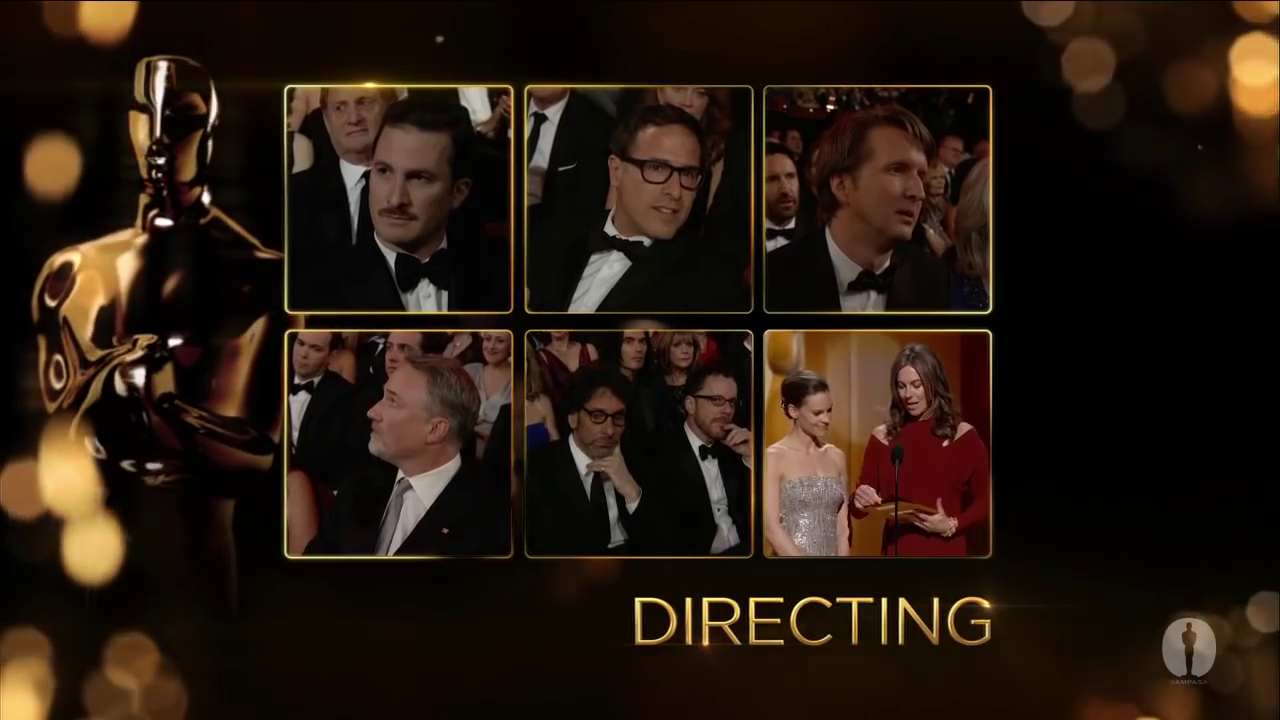
After Kathryn Bigelow’s historic Director win at the previous Oscars for The Hurt Locker, the 2010 roster of nominees returned to the usual all-male lineup. The eventual five were pretty much unquestioned. David Fincher was the early frontrunner for Facebook drama The Social Network. Darren Aronofsky and David O. Russell received their first nominations in this category for the psychological horror Black Swan and the sports drama The Fighter, respectively. The inclusion of the Coen Brothers was considered a semi-surprise for the late-breaking Western True Grit. Ultimately, the winner was Tom Hooper for the Best Picture-winning historical drama The King’s Speech.
Given that context, it is still a bit discouraging to see the return to normal especially with two female-directed films also up for Best Picture: Lisa Cholodenko’s dramedy The Kids are All Right and Debra Granik’s mystery drama Winter’s Bone. Both films received four nominations, though neither secured any wins. Women were also largely absent from the Best Director conversation. Out of the 248 films included in the Reminder List of Eligible Films in 2010 (83rd Academy Awards), only 24 (9.7%) were directed/co-directed by women...
OSCAR-NOMINATED FEMALE-DIRECTED FILMS (in alphabetical order): Country Strong, In a Better World*, The Kids are All Right, Poster Girl*, Strangers No More*, Sun Come Up*, The Tempest, The Warriors of Qiugang*, Waste Land*, Winter’s Bone (*not in the eligibility list for Best Picture)
AN ALTERNATIVE SET OF FIVE

Ruba Nadda - Cairo Time
The sunny landscape of Cairo witnesses the beginning of a friendship. Nadda provides restrained richness to this gentle drama, finding its gravitas through dramatic minimalism. Anchored in the restrained performances by Patricia Clarkson and Alexander Siddig, the film uses visual stillness and hypnotic music to draw us into the core relationship. One that is defined by the comfort of living in ambiguity. The body language of the actors matters as much as the sparse dialogue that they share. Not being able to express one’s feelings freely becomes the lingua franca of these two characters, resulting in a thrilling dance, an intoxicating state right before one falls in love. A single step forward signals the possibility of a tectonic shift, and Nadda is there to capture that moment in all its emotional glory. Streaming on AMC+ and DirecTV.
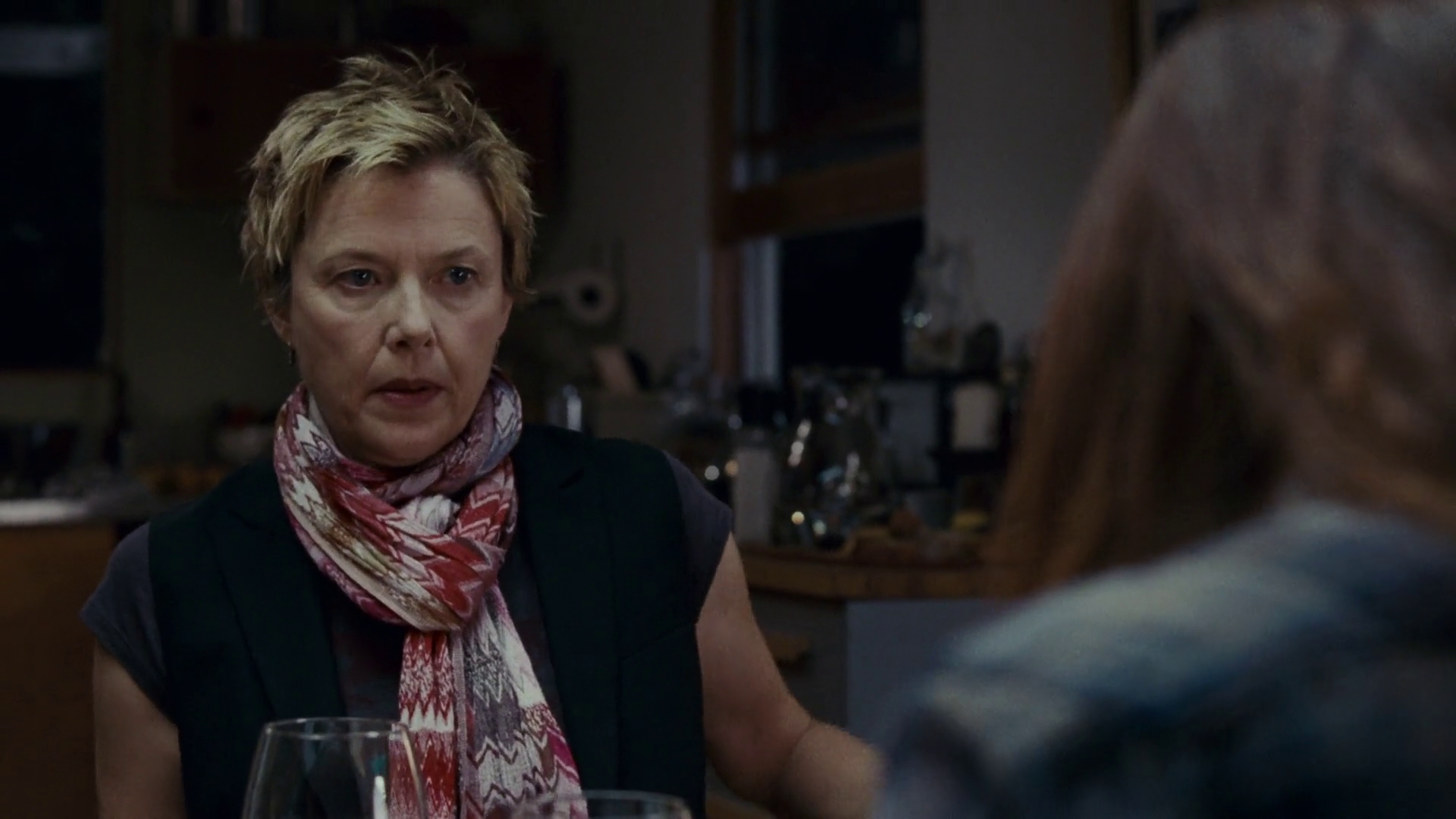
Lisa Cholodenko - The Kids are All Right
A lesbian couple, two teenagers, and a sperm donor. Given that setup of characters, Cholodenko refuses to let the film fall into trivialization for comedy’s, or even drama’s, sake. Instead, she faces the challenge head-on in making sure that the narrative achieves emotional maturity and sensitivity. The film lives in the connection of the characters and the investment in capturing that shows in many scenes. There is intentionality in how many characters are in the frame and who are those, whether it be a two shot or over-the-shoulder. This gives further space for the sensitively calibrated ensemble to show relationship dynamics through the rhythm within the scene. Giving tangible life to these moments of human interaction is no easy feat. Available to rent and buy on iTunes, Amazon Video, Google Play, YouTube, and other platforms.
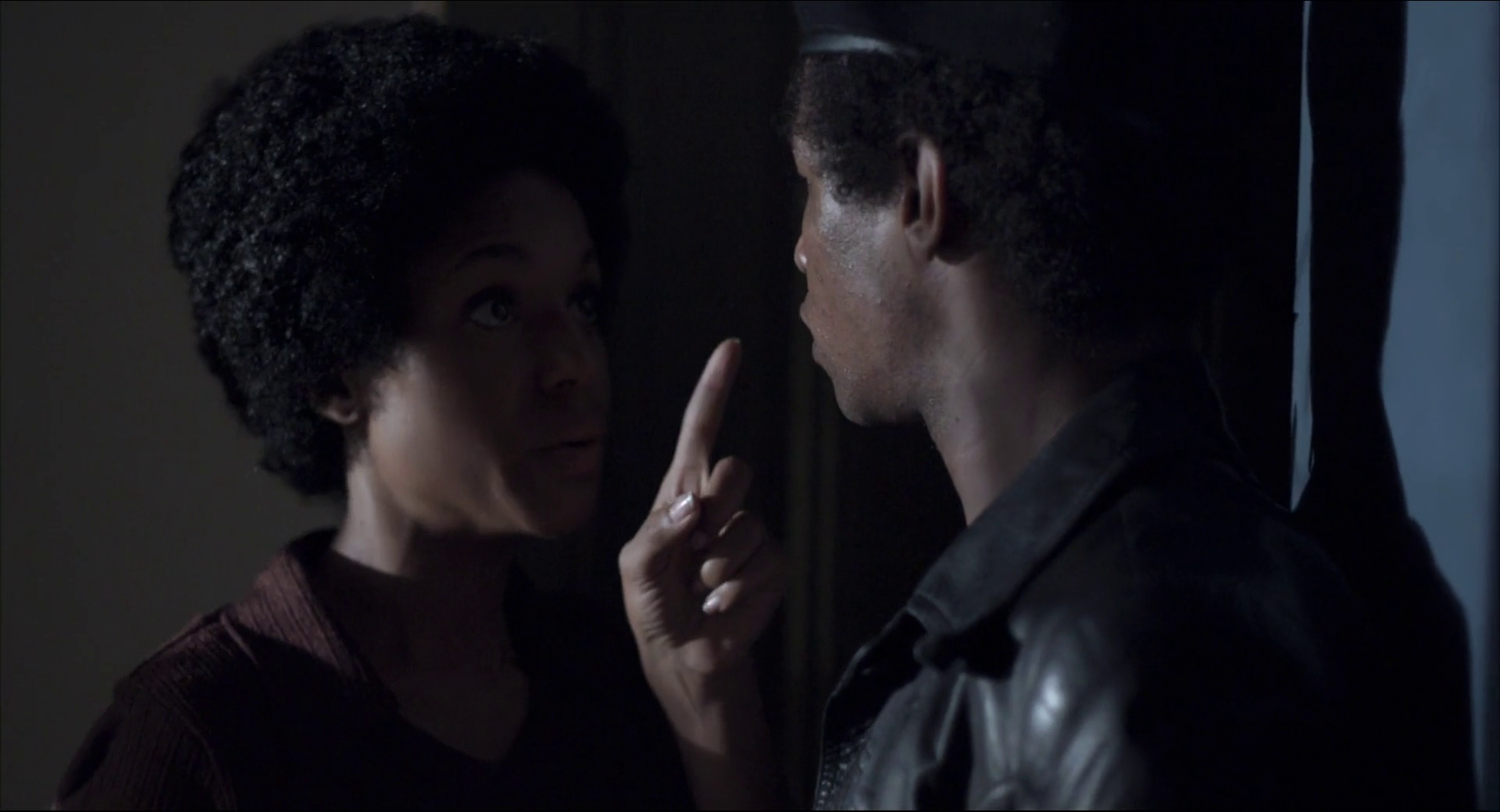
Tanya Hamilton - Night Catches Us
A strained relationship between a former Black Panther member and the widow of a murdered Panther becomes the core of this stirring drama. Hamilton paints the canvas of this story with laser focus, one where the gripping conversations and tense encounters happen in the confines of a dark small room or a neighborhood sidewalk. She weaponizes the small-scale nature of the production to even magnify human interactions. This exact concision in capturing human behavior is key to the expansive trajectory that will happen later in the film. The climactic night scene is executed with tempered rage, one that leaves space for us to have introspection. In addition, strategically deployed archival footage provides robust contextualization to the film’s central narrative. Streaming on fuboTV, Showtime, AMC+, Magnolia Selects, and DirecTV.
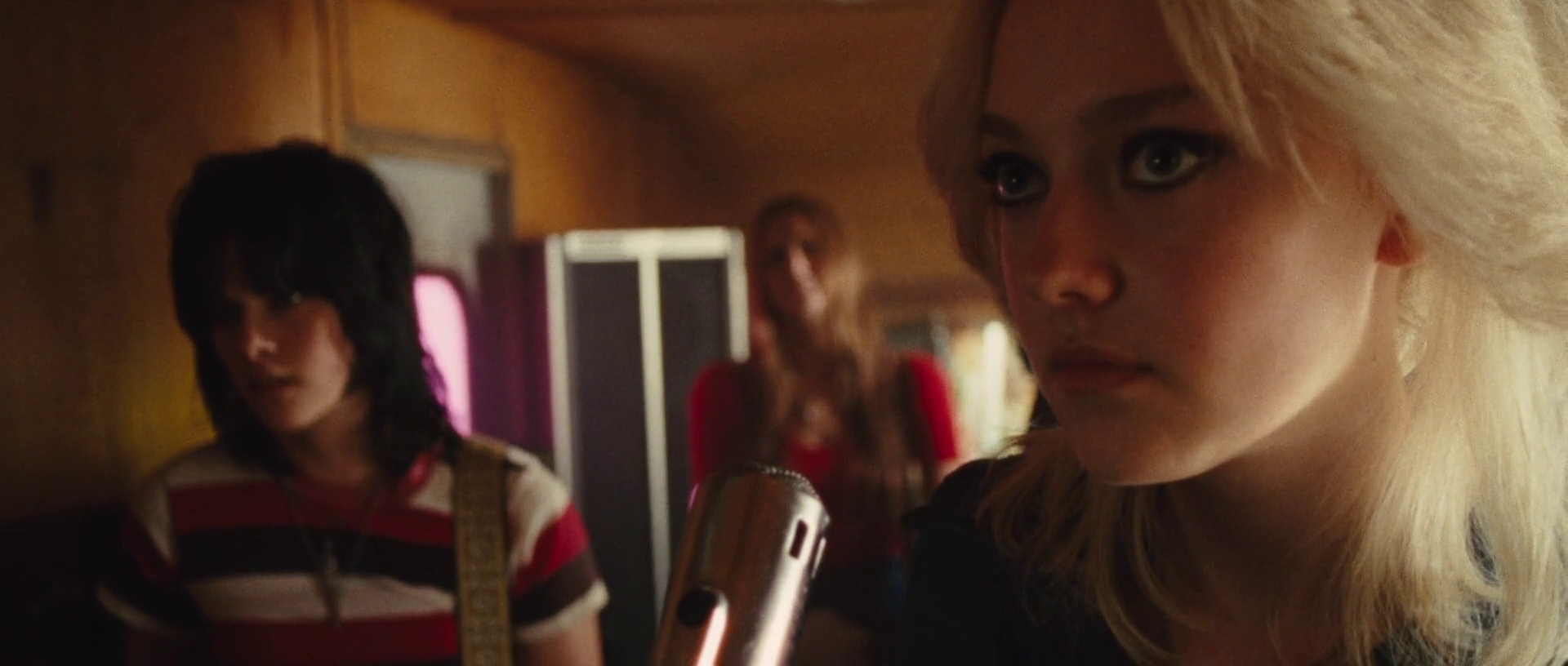
Floria Sigismondi - The Runaways
Teenage rebellion and recklessness. Unshackling of imposed gender roles. The hollow glory of fame. In her feature film debut, Sigismondi examines these themes through the story of the titular 1970s rock band, particularly its two leads Joan Jett and Cherie Currie. The film moves at a thunderously erratic pace, one that replicates the energized motion of the protagonists as they transform from aspiring musicians to bonafide rockstars. A distinct musicality reverberates throughout the film, even outside the musical sequences. This is true even in the scenes that depict the characters’ valleys. And with those rock sequences: it’s close to sensorially orgasmic. They feel like sounds and colors explode. Like a cherry bomb, if you may. Available to rent and buy on iTunes, Amazon Video, Google Play, YouTube, and other platforms.
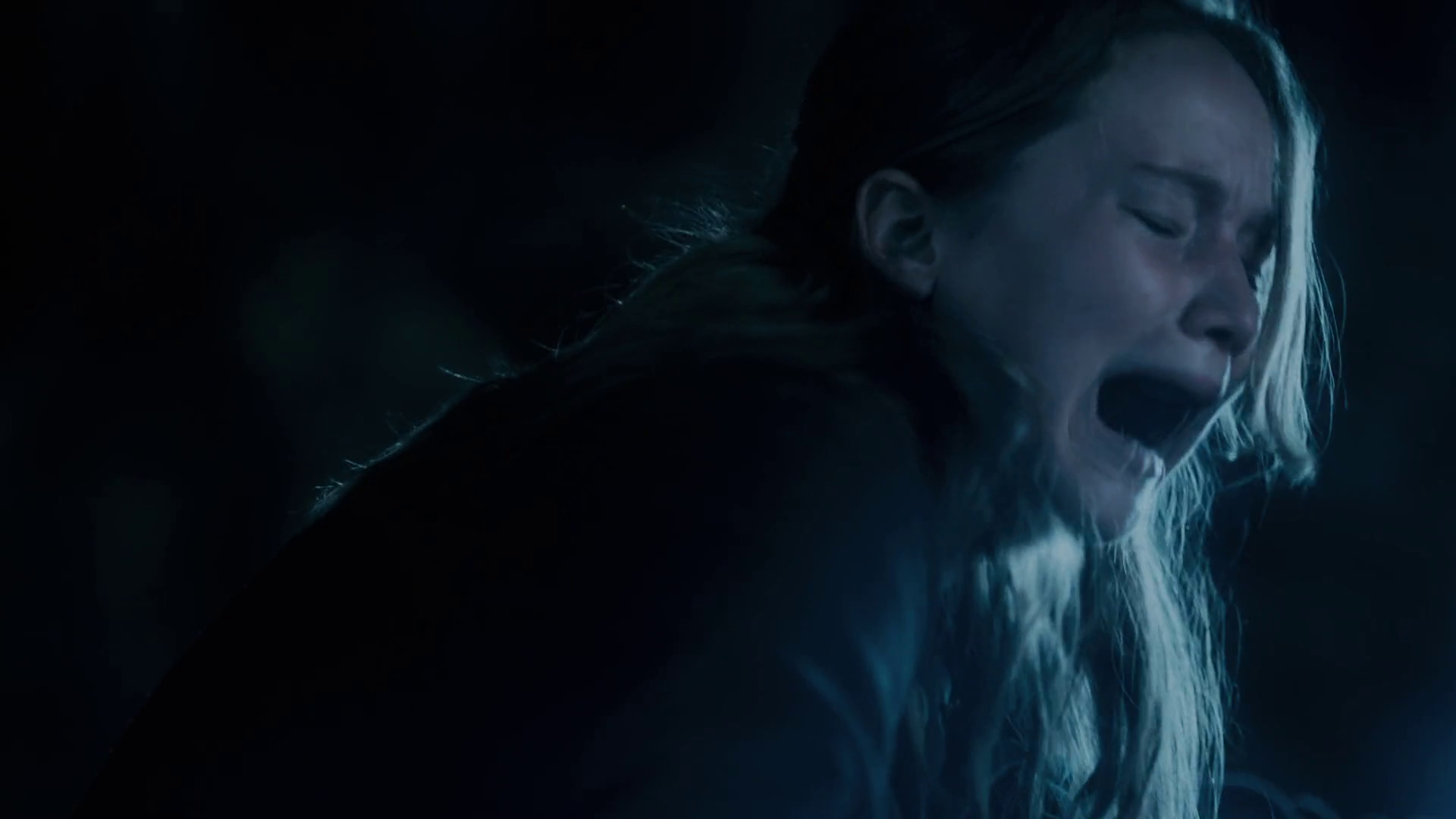
Debra Granik - Winter’s Bone
Odds are stacked against 17-year-old Ree Dolly in her quest to keep her family in their abode. But with her determination clashing with the overwhelming desperation of their situation comes Granik’s astonishing study of the underbelly of the Ozarks. In the spirit of true independent cinema, her vision of this world is unrelenting but calculated. There is as much importance with the suggested as with the depicted. We are made to investigate established and fractured bonds of the characters. Danger is always residing within the corners of the frame, with a haunting soundscape to even take us further into this perilous plunge. With the stakes escalating to an unimaginable climax, we are left to trust Jennifer Lawrence’s powerful work and Granik’s eye for empathy amidst the darkness. Streaming on Peacock Premium and Kanopy.
HONORABLE MENTIONS
Anna Boden & Ryan Fleck - It’s Kind of a Funny Story
Paul Fierlinger & Sandra Fierlinger - My Dog Tulip
Sam Taylor-Wood - Nowhere Boy
Nicole Holofcener - Please Give
Sofia Coppola - Somewhere
What would your dream ballot look like?
*****
As we wrap up with the first decade of this series, here is a quick recap of our alternate ballots side by side with the actual list of Oscar nominees. Here they are (click on the years for previous episodes):
2010











That's it for the first decade of the Through Her Lens series. Now, are you ready to go back to the 2000s?



Reader Comments (8)
Love this series and it has been depressing but also OPTIMISTIC in a way to watch as the percentages drop as we move backward in time. It's a sign of progress that the numbers are so much better in the now.
As for 2010, my nominees that year were all men (it's all a numbers game after all) but of the women in the mix the one I was most impressed by in terms of direction was Andrea Arnold for FISH TANK (released in 2010 in the US) who fell in my number #6 spot. I also love Cholodenko's work on THE KIDS ARE ALL RIGHT.
For 2010 I'd keep Aronofsky and Fincher, but add Sofia Coppola for Somewhere, Mark Romanek for Never Let Me Go, and for the fifth spot ... Luca Guadagnino for I Am Love? I think so, although I'm tempted to go with Edgar Wright for Scott Pilgrim. My winner would be either Coppola or Aronofsky. That said, I like the ideas of Sam Taylor-Wood (Nowhere Boy > The King's Speech) and Floria Sigismondi.
I somewhat enjoyed this series, but still don't like the snub of Jennifer Lee in 2013. It felt very film bro-y
This series is great and shows that each year brings many respectable outings by female directors. However, when you compare the left side of the chart to the right you can see how those outings lack the cultural and commercial impact of (most of) the actual nominees.
Definitely don’t mean that as a dig—it’s just accurate, the people who insist on parity in this category treat the Oscars as the “bad guy.” In reality the viability of these directors (as Oscar contenders) is determined by how the films perform, critically and at the box office. In recent years there’ve been woman-directed hit films with cultural impact, and those female directors typically get nominated and even win. Great progress since Bigelow!
I’m also curious about how many other nominations (on average) films that get a Best Director nomination typically receive. My guess is at least 3-4 nominations, perhaps more. So to get female-directed films viable for BD nominations, they also need to start scoring in acting, tech and other categories. Many of these films had zero prospects for other nominations at the time, just worth noting.
Cholodenko and Sigismondi shouldn't be considered as The Kids Are All Right is overrated while The Runaways is bogged down by cliches that deviate from the real story of the band.
The lone woman nominee and winner should've been.... Sofia Coppola for Somewhere. End of story.
Strong director year for sure. My personal ballot would also be all men, only because I just felt the five best directed films happened to be directed by men:
I’d keep David Fincher (The Social Network), Darren Aronofsky (Black Swan) & David O. Russell (The Fighter) from the Oscar lineup.
Then I’d add Roman Polanski (The Ghost Writer) and Christopher Nolan (Inception).
Alternates: Coen Brothers (True Grit) and Martin Scorsese (Shutter Island).
@DK: Fair point, but another question must be asked: why do many films directed by women are considered to "not have cultural impact"?
Were they given enough promotion to even enter the general public's consciousness? Were they given enough support in the distribution to reach the wider audience? Did the award-giving bodies (historically dominated by men) take these films seriously during the time? And did the critics at the time (also largely dominated by men, like absurdly) gave these films a fair shake?
That's why I believe in giving film second chances. Reappraisal, if you may. I don't choose the films based on any external factor (i.e. cultural impact). My rationale in doing this series is to continue to interrogate the male-dominated film canon. To push back by providing an alternate five, not to merely say these five are better than the Oscar five. At the barest minimum, to disprove whatever ill-conceived perception is about the history of female directors. The work has always existed! And I feel the utmost privilege whenever I get to watch these films, a lot of these I'm watching for the first time and haven't heard of before.
Their work perseveres despite the struggles that you have already articulated. But really, thank you for raising your point.
@NATHANIEL R: Would've seriously considered, if not included Arnold, in the five had it been included in the eligibility list the Academy released. Also Jessica Hausner (Lourdes) and Claire Denis (White Material), thanks to Nick Davis' raves on those.
@ScottC: Somewhere was *THIS* close to the five. Love Coppola's work in it.
@PoliVamp: HA! You really think a film bro would do a series on female directors? 🤨
@charlea: Great picks all around! At the time I made my best of 2010 list (around 2012), my list was composed of Aronofsky, Russell, Nolan, Hooper, and Fincher. But now, I will have to bump Russell for Granik.
@thevoid99: "End of story"? Sure, Jan.